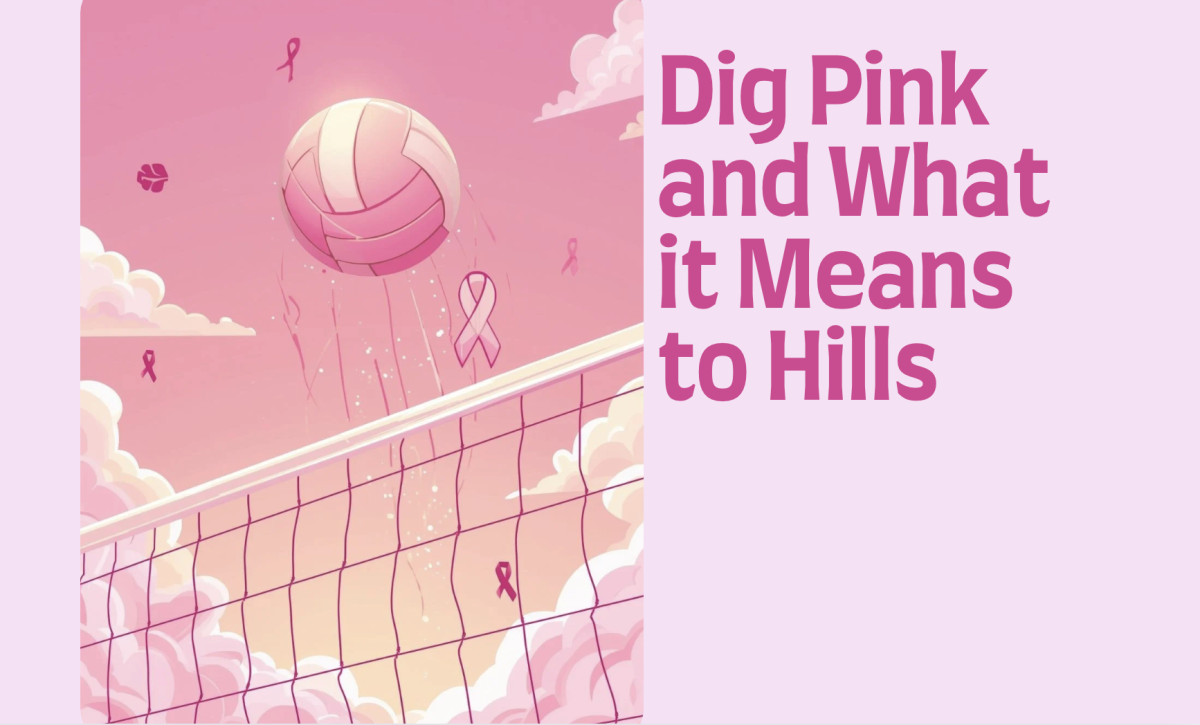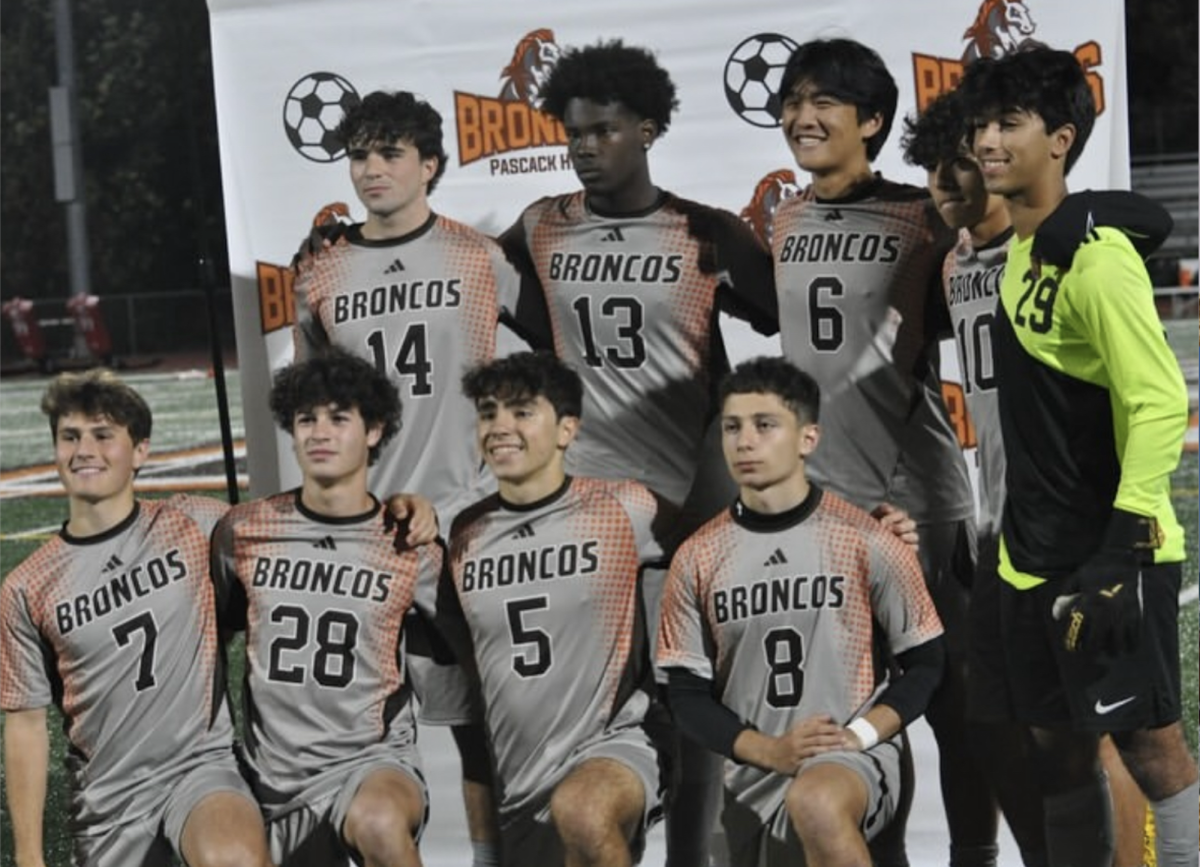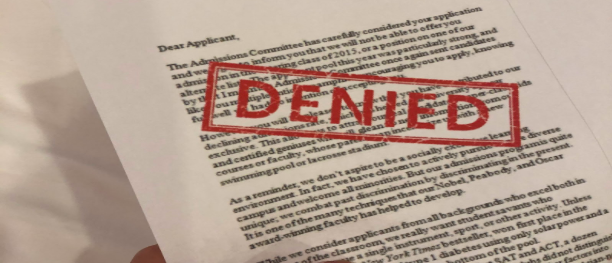Affirmative action is our only hope
Editor’s note: The following is an opinion article. The opinions presented are the writer’s own and are not representative of the Trailblazer newspaper staff or Pascack Hills High School.
Affirmative action in college admissions is a program that helps those who are discriminated against for their race, gender, or class, along with a multitude of other factors. Though the concept seems only beneficial, its presence has always been controversial. Recent Supreme Court cases discussing the use of affirmative action questioned whether or not the quotas that some colleges are required to fill are fair. Many ask why a child who earns better grades, writes a better essay and participates in more extracurriculars should get denied when a subpar but underprivileged student gets accepted? But this question oversimplifies the issue to a great extent.
To begin with, the aforementioned example is an over-perpetuated myth. Colleges don’t compare two dynamically different students and choose one or the other based on race or class. Using affirmative action is merely a more holistic approach that takes into account a student’s entire background and any adversities they have had to face.
For example, if one child’s family doesn’t have the means to afford an SAT tutor, but the child still does exceptionally well on their SATs, it reflects even better on that student’s skill and intelligence than the same score of an upper-class child’s does. An anonymous Hills junior said, “There was a significant difference in my scores before and after receiving SAT tutoring. I probably couldn’t get my scores up that much on my own.”
Lower-class students have to work twice as hard to get half as far as wealthy children, overcoming the barriers of an inadequate public schooling system or struggling with poverty at home that leaves no time for clubs or sports. Affirmative action isn’t just a “pity acceptance” but a completely just process that makes it possible to fully evaluate a student’s profile based on preexisting circumstances that do affect performance.
While some may agree with affirmative action on the basis of class, the more disputed aspect is affirmative action with regards to a candidate’s race. Many believe that they are being unfairly discriminated against for their ethnicity during the college admissions process.
An anonymous student at Pascack Hills when asked complained to me that, “Affirmative action is just a type of reverse racism. It’s unfair that minorities are now the ones who are getting special treatment even over other poorer white kids.” Are white children of the same or perhaps lower socioeconomic status as children of color being unfairly shunned from universities when both groups are at similar disadvantages? The answer is no. Though they both are of the same class, minorities simply experience public education differently.
The US Department of Education proved that black students are three times as likely to get expelled than their white peers, a trend that persists even for children as young as preschoolers. The American Educational Research Association found that “black third graders are half as likely as whites to participate in gifted and talented programs.” Racism affects children in their school life and hinders their ability to perform, a fact that is taken into account by affirmative action and ameliorated. Despite what many believe, a poor white child is actually at an advantage over their black peers at school.
If the approach to college acceptance is altered to only rely on the facts on paper, not socioeconomic status or race, we as a society risk the abandonment of these victims of the system in the crashing tide of American poverty and failure. As lower-class students and students of color continually get denied from selective colleges, they pass on their strife to their children who will, in turn, be denied from selective schools for the same reasons as their parents did.
This systematic strife would successfully ensure an end to any social mobility within impoverished and oppressed communities. The cycle will repeat generation after generation: children will continue to have unequal schooling, they will be denied higher education and thus subjugated to lower-paying jobs, and finally will be unable to provide better learning tools for their children. The middle class will effectively disappear, and we will revert to feudality in a modern-day, first-world country that prides itself on equality for all. Affirmative action is imperative in ending the cruel pattern that dictates the despondency of circumstance based poverty, not a handout for lazy individuals who don’t deserve help.
To fully understand the importance of affirmative action, we must understand the preordained prejudice and inequality that plague many Americans from birth, and how these facets of a person’s life will inevitably and inexorably put them at a disadvantage to others. Affirmative action is a correction to the flawed system, not a type of “reverse racism” that will cripple the elite. The program simply levels the playing field for those who have been marginalized historically and have been denied such opportunities in the past based on their identities.
Many privileged people fear their advantages to be seized unjustly from them, but why should they have these advantages in the first place? Why have we let the wealthy monopolize higher-level education and let the system fester into an unrecognizably racist, classist machine? A college education is essential to stay afloat in the job force, but for some, it is incomparably easier to obtain, leaving the others in the dust of destitution; it is a rigged game that only the rich can win unscathed. The only way to keep the upper class from disfiguring society even more is to allow for mobility and integration between all classes and races in the most common ticket out of poverty: a college education.

Claudia Kim is a senior at Hills and is excited to be working on the Trailblazer as an editor this year. Claudia edits for the Opinion section, a part of the paper that gives Hills students a place to be heard.
Fun Fact: Kim's favorite book is The Idiot by Elif Batuman.











































